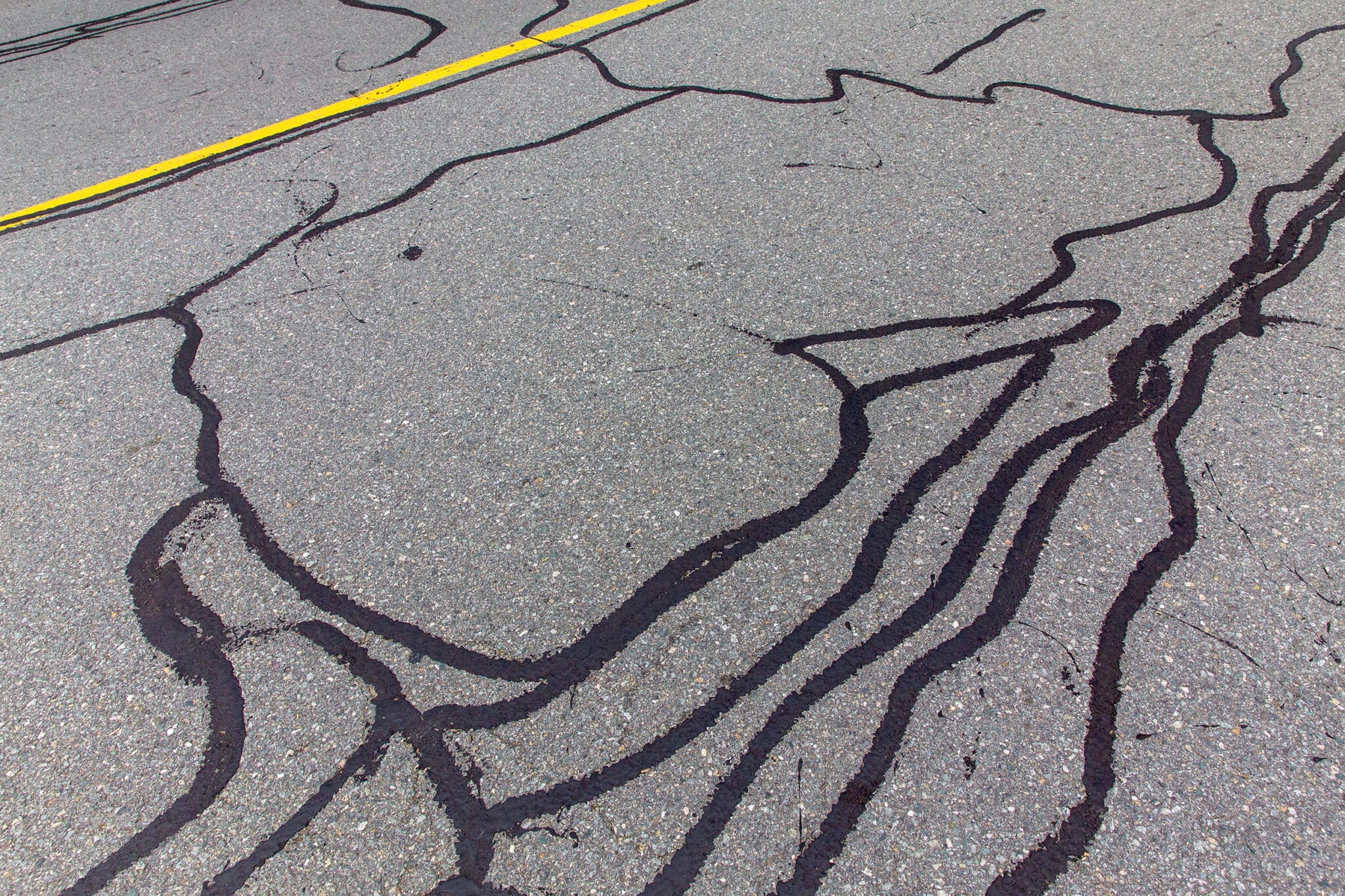Guard Surfaces with Specialist Asphalt Sealing: Cold Mix Essentials
Cold Mix Asphalt Vs. Hot Mix Asphalt: Which Is Right for You?

Composition Differences
Cold mix and warm mix asphalts differ considerably in their composition, with distinctive qualities that impact their performance and applications. Cold mix asphalt is created by emulsifying the asphalt binder with water and an emulsifying agent before blending it with aggregate. This method permits the asphalt to be convenient at reduced temperatures, making it excellent for short-term repairs and for use in chillier climate condition. Hot mix asphalt, on the other hand, is manufactured at heats, generally between 300-350 ° F, which helps to attain much better compaction and an extra sturdy end product. The hot mix asphalt production procedure involves warming the accumulation and asphalt binder separately before incorporating them at the asphalt plant.
Moreover, cold mix asphalt has a tendency to be much less dense and extra versatile than warm mix asphalt. This flexibility makes it far better suited for locations with greater degrees of motion, such as driveways or roadways with heavy traffic. In comparison, hot mix asphalt is recognized for its high toughness and resistance to rutting and splitting, making it a recommended option for freeways and high-traffic roadways where longevity is crucial.
Setup Refine Variations
The procedure of mounting cold mix and warm mix asphalt exhibits noteworthy differences in their needs and treatments. In contrast, hot mix asphalt requires an extra fancy installation process. Due to the heating needs, warm mix asphalt setups are usually lugged out by experts with customized tools, making sure a more structurally audio and irreversible result.
Longevity and Longevity Elements
When considering asphalt choices, sturdiness and durability are vital aspects to assess for enduring sidewalk efficiency,. Hot mix asphalt (HMA) is recognized for its outstanding toughness and long life. The heats during the laying and mixing procedure enable better compaction, leading to a denser and stronger pavement structure. This results in HMA being much more resistant to hefty website traffic lots, rough climate conditions, and the results of aging contrasted to cool mix asphalt (CMA)
In terms of long life, HMA usually surpasses CMA as a result of its premium toughness and resistance buildings. HMA sidewalks have a longer life span, requiring much less frequent fixings and maintenance, my link which can translate to set you back savings in the lengthy run. Furthermore, HMA sidewalks are more quickly customizable to meet specific task demands, further boosting their durability.
Expense Considerations
Taking into consideration the monetary implications is a critical element when reviewing the choice in between hot mix asphalt (HMA) and chilly mix asphalt (CMA) for sidewalk tasks. While the initial price of warm mix asphalt is usually greater than that of cold mix asphalt, HMA often supplies an extra cost-effective option over time as a result of its premium resilience and durability. HMA is recognized for its ability to endure hefty traffic loads and extreme weather condition problems, minimizing the demand for constant repairs and upkeep. On the various other hand, cold mix asphalt is much more affordable in advance but may require more frequent patching and resurfacing, leading to higher maintenance costs over time.
In enhancement to material expenses, it's important to think about the costs associated with setup and upkeep when comparing HMA and CMA. Ultimately, the choice between HMA and CMA must take right into account not just the preliminary cost however additionally the long-term monetary ramifications to determine the most economical option for the certain sidewalk task.
Environmental Influence Comparison
Contrast of the ecological effects between hot mix asphalt (HMA) and chilly mix asphalt (CMA) discloses distinctive distinctions in sustainability techniques. HMA production needs heats, you can look here resulting in raised energy consumption and greenhouse gas discharges. The process additionally releases volatile organic compounds (VOCs) and hazardous air toxins (HAPs) right into the atmosphere. In contrast, CMA is created and applied at reduced temperature levels, reducing energy usage and exhausts dramatically. The reduced manufacturing temperature levels of CMA cause reduced gas usage and lower levels of CO2 emissions, making it a much more eco-friendly alternative.
Moreover, the use of CMA commonly entails reusing existing asphalt pavement, promoting resource preservation and minimizing the amount of waste sent to landfills. This reusing aspect further boosts the sustainability of CMA contrasted to HMA. Generally, when considering the environmental impact, CMA arises as a much more ecologically lasting selection because of its lower power demands, decreased exhausts, and the potential for reusing existing products. By choosing CMA over HMA, road building tasks can add favorably to environmental preservation efforts.
Final Thought
To conclude, the option in between cold mix asphalt (CMA) and hot mix asphalt (HMA) depends on numerous elements such as structure, installment procedure, sturdiness, long life, cost, and environmental influence. angle parking. While CMA offers a quick and cost-efficient solution for small repairs, HMA guarantees premium resilience and long life for heavy web traffic locations. Take into consideration these factors thoroughly to establish which kind of asphalt is the best option for your paving requires

Taking into consideration the financial ramifications is a vital aspect when examining the selection between warm mix asphalt (HMA) and chilly mix asphalt (CMA) for sidewalk projects. While the preliminary price of warm mix asphalt is generally greater than that of cold mix asphalt, HMA typically gives a more cost-efficient option in the lengthy run due to its superior sturdiness and long life. cold mix asphalt.Comparison of the check out this site ecological impacts between warm mix asphalt (HMA) and chilly mix asphalt (CMA) exposes distinctive differences in sustainability practices.In final thought, the option in between chilly mix asphalt (CMA) and warm mix asphalt (HMA) depends on numerous variables such as make-up, installation procedure, durability, durability, price, and environmental impact